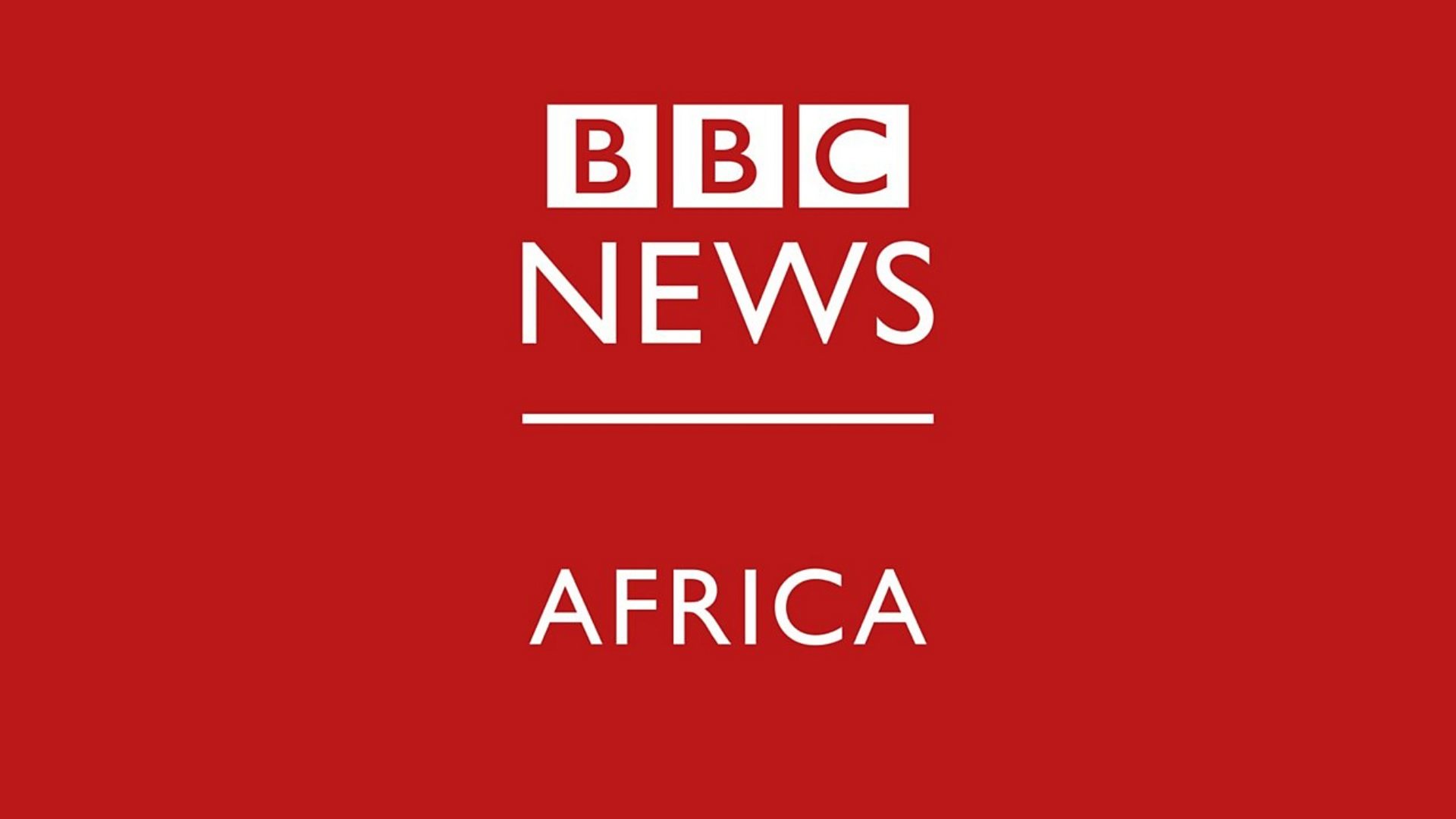US Objects to China's Internet Restrictions
The U.S. "remains deeply concerned with China's long-standing restrictions on freedom of expression online," a State Department official said Thursday, reacting to Google's reported plan to relaunch its search engine in China.
"We strongly object to all efforts by China to force U.S. companies to block or censor online content as a condition for market access," the official said.
Googleshut down its Chinese search engine in 2010, citing government attempts to "limit free speech on the web." But a company whistle-blower who spoke to the online publication The Intercept said Google was in the advanced stages of launching a custom Android search app in China that will comply with the Communist Party's censorship policies on human rights, democracy, free speech and religion.
The Intercept cited internal Google documents and people familiar with the rollout. The publication said the project, code-named Dragonfly,has been in development since 2017. It said the project began to progress more quickly following a December meeting between Google CEO Sundar Pichai and a senior Chinese government official.
According to the documents obtained by The Intercept, Google said it would automatically filter websites blocked by China's so-called Great Firewall. Banned websites will be removed from the first page of search results with the disclaimer: "Some results may have been removed due to statutory requirements."
Empty searches
The documents also say that Google's app will "blacklist sensitive queries" by returning no results when people search for certain words or phrases.
"We provide a number of mobile apps in China ... [to] help Chinese developers and have made significant investments in Chinese companies like JD.com. But we don't comment on speculation about future plans," a Google spokesman told VOA in a statement in response to the alleged plans.
China has 772 million internet users—more than any other country—and hundreds of millions of potential users who are not yet connected to the internet.
China's top internet regulator, the Cyberspace Administration of China, has not commented on the plans.
U.S. Senator Marco Rubio, a Florida Republican and former presidential candidate,posted on Twitter that Google's reported plans to set up "a censored search engine" in China were "very disturbing" and could help China "suppress the truth."













